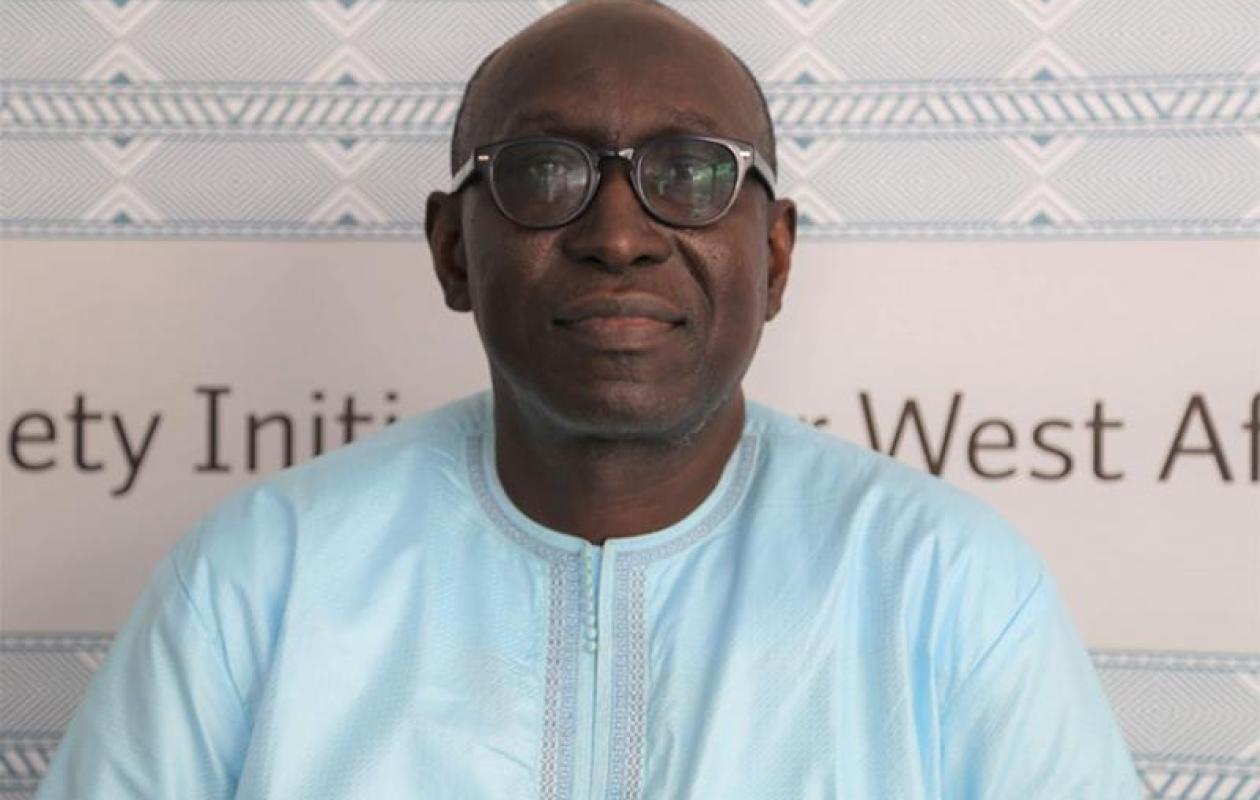
Ibrahima Kane alerte : Le Sénégal face au « chômage massif » et au manque de déclinaisons opérationnelles
Ibrahima Kane, a legal expert specializing in African institutions, offered a critical analysis of Senegal's economic situation, characterized by the anticipation of a new IMF program and the burden of hidden debt. A guest on the program "Point de vue" this Sunday on RTS, he argued that debt should not overshadow other pressing issues that weigh heavily on the daily lives of Senegalese people.
According to Ibrahima Kane, the current economic crisis goes far beyond the issue of the debt, which represents 130% of GDP. He points out that the country is facing "massive unemployment," particularly among young people, while oil and gas production has not yet generated the expected benefits.
He stressed that nearly 300,000 young people enter the job market each year and that the hope placed in the current government rests precisely on its ability to offer them prospects.
Although he acknowledges the existence of strategic milestones, notably the Senegal 2050 plan and the digital strategy, he regrets "the lack of operational implementations capable of producing mass employment".
When asked about the recovery plan and the focus on domestic resources, the lawyer praised the government's transparency efforts, stating that "Having a snapshot of the national economy every quarter represents progress in terms of governance."
However, he called for caution regarding the tax strategy. In a country where nearly 80% of activity is informal, multiplying taxes without consultation or education will only create resistance and weaken small economic units,” he warned.
Mr. Kane stressed the need for a balance so that the state can recover resources without penalizing the most vulnerable. He reminded everyone that "Everyone is struggling to make ends meet: street vendors, small eateries, and small businesses cannot absorb poorly calculated tax burdens."
To foster tax compliance, Ibrahima Kane believes the state must lead by example. He emphasized the need for a visible and immediate streamlining of government spending.
He specifically called for an end to ostentatious spending, a reduction in the number of luxury vehicles, and the abandonment of symbols of a "bling-bling state." He also targeted superfluous positions. "Certain persistent practices, such as the proliferation of board chair positions, are superfluous and costly," he stated.
He concluded that "without this strong signal, it will be difficult to ask the population to make sacrifices." The expected transformation must be demonstrated by exemplary behavior at the highest levels, because, he said, "If the state changes, the citizens will follow."
Commentaires (4)
On ne fait rien pour diminuer le flux.
Il y'a 50 ans, la Chine a imposé la politique de l'enfant unique. C'était l'une des conditions pour sortir du sous développement. C'est fait.
Participer à la Discussion
Règles de la communauté :
💡 Astuce : Utilisez des emojis depuis votre téléphone ou le module emoji ci-dessous. Cliquez sur GIF pour ajouter un GIF animé. Collez un lien X/Twitter, TikTok ou Instagram pour l'afficher automatiquement.